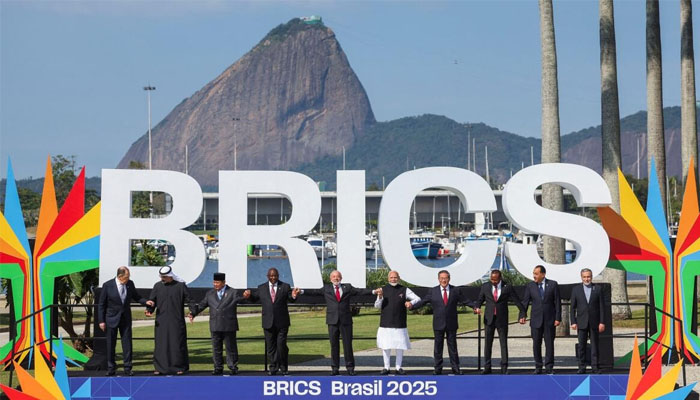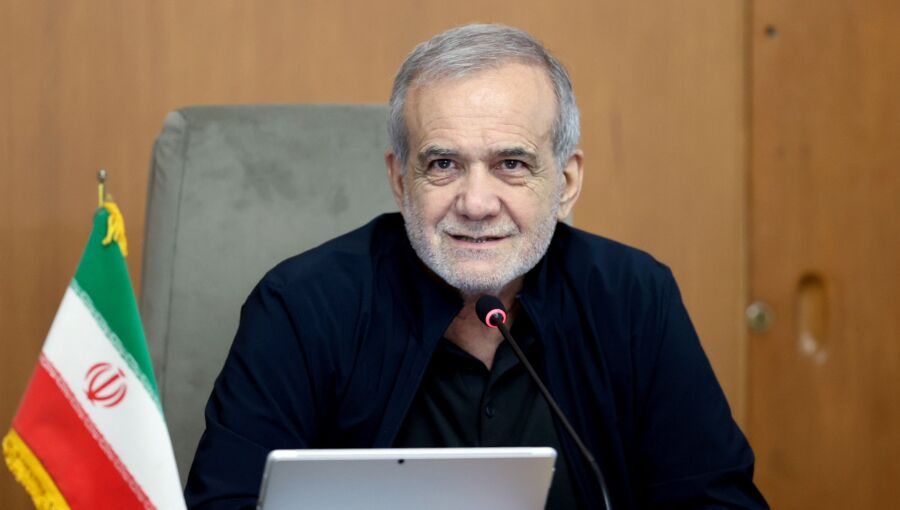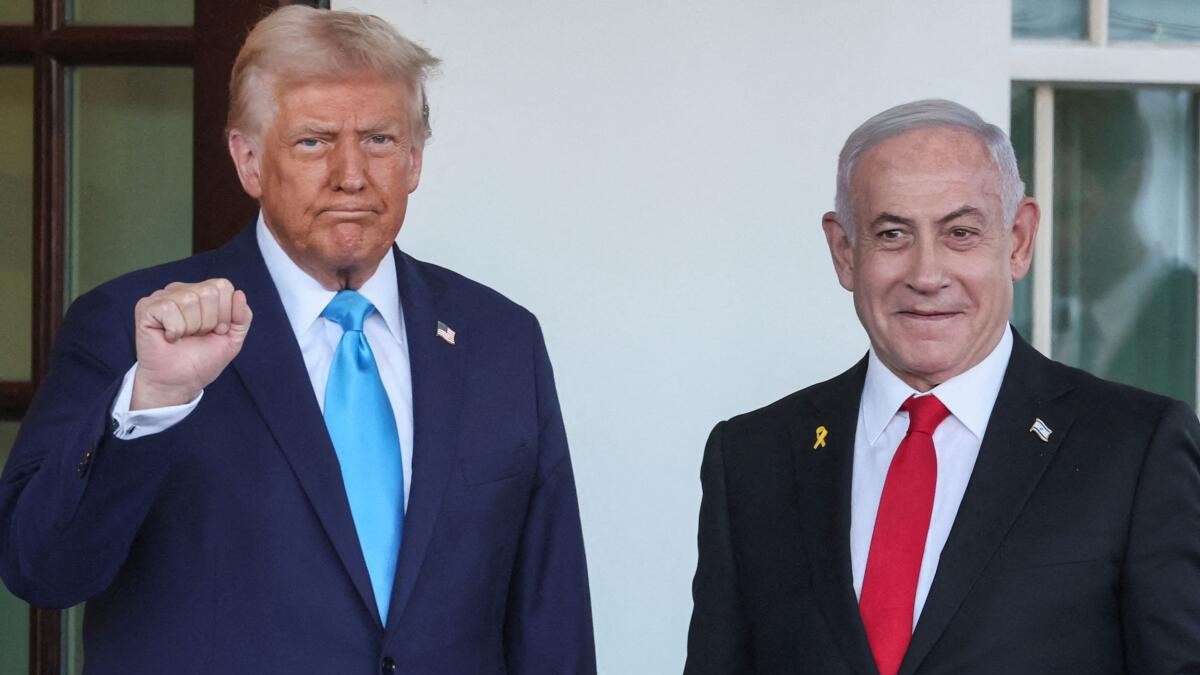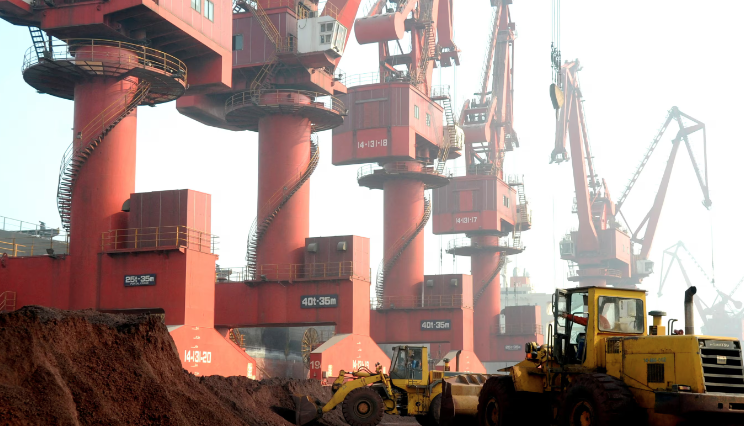WORLD NEWS
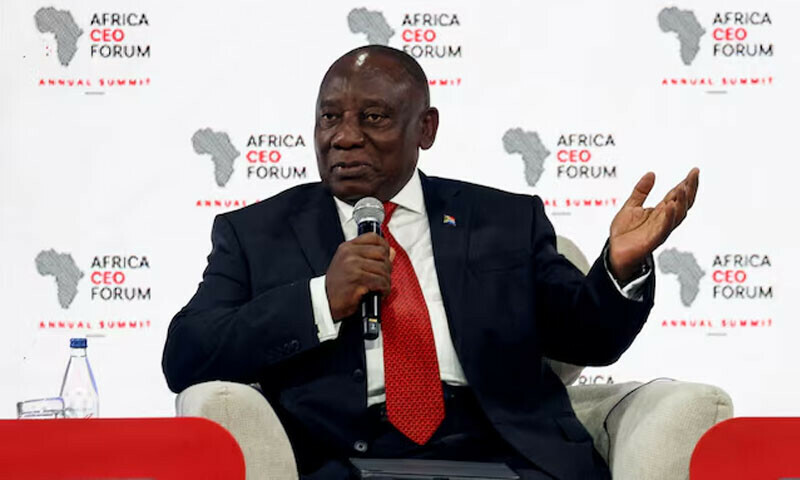
South African President Cyril Ramaphosa will travel to the White House this Wednesday on a critical diplomatic mission to rebuild the strained relationship between South Africa and the United States. Since the start of Donald Trump’s second term, tensions have escalated over South Africa’s land reform policies and its genocide case against Israel, prompting the US to cut aid, expel South Africa’s ambassador, and extend refuge offers to white minority Afrikaners citing racial discrimination claims rejected by Pretoria.
Addressing the nation before departure, Ramaphosa stressed the importance of maintaining dialogue with the US, stating, “Whether we like it or not, we are joined at the hip and we need to be talking to them.”
The US remains South Africa’s second-largest trading partner after China, and the aid cuts have already impacted vital health programs, including HIV testing. Ramaphosa plans to propose a broad trade deal aimed at improving economic ties, though South African trade ministry officials declined to reveal specifics.
One key area of contention involves US demands for exemptions from South Africa’s Black Economic Empowerment (BEE) laws, which require companies in sectors like mining and telecommunications to allocate a percentage of ownership to historically disadvantaged groups. These policies, central to South Africa’s efforts to address apartheid-era inequalities, are unlikely to be softened by Ramaphosa’s administration.
Political analyst Joshua Meservey from the Hudson Institute cautioned that deep-rooted political differences may not be easily resolved by trade negotiations alone.
In a bid to leverage private sector connections, Ramaphosa is expected to discuss opportunities with Tesla and Starlink, companies owned by Elon Musk — a South African-born entrepreneur and ally of President Trump. Talks may include tariff arrangements for Tesla imports and licensing agreements for Starlink satellite services.
Agriculture Minister John Steenhuisen, accompanying Ramaphosa, emphasized efforts to safeguard and expand South African farmers’ duty-free access to the US market under the African Growth and Opportunity Act (AGOA). The program’s future is uncertain amid potential US tariff actions, which could impose a 30% duty on South African exports.
Trump has accused South Africa of unjustly seizing land from white farmers and fostering violence against them — allegations strongly denied by the South African government. Crime data does not support claims of disproportionate targeting, and land reform laws maintain judicial oversight to prevent unlawful expropriations. White South Africans, while only 7% of the population, remain wealthier and control most farmland.
Ramaphosa, a skilled negotiator credited with leading the African National Congress during the transition from apartheid, may also benefit from influential allies helping to facilitate the meeting with Trump. Notably, billionaire Johann Rupert and golfer Ernie Els, both of whom have personal ties to Trump, are reported to have played roles in arranging the encounter.
Rupert has voiced concerns over potential AGOA losses and their impact on South African employment, underscoring the economic urgency behind Ramaphosa’s visit.
As the two leaders meet, the outcome will be closely watched by global observers eager to see whether economic cooperation can ease political tensions between the US and South Africa.
